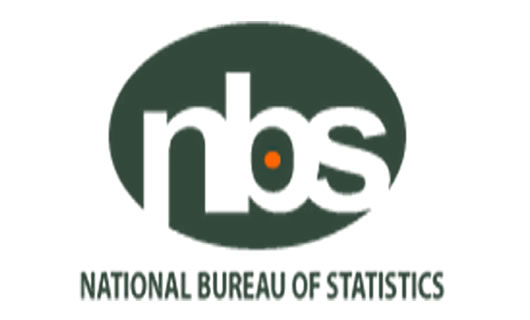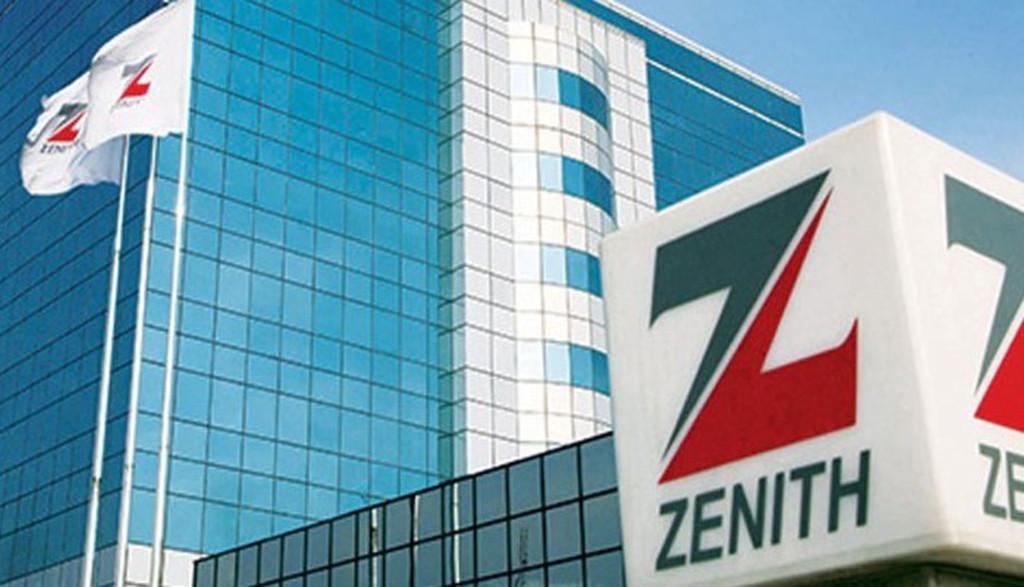In the latest revelations from the National Bureau of Statistics, the trade balance between Nigeria and China has skyrocketed to N7.54 trillion in the initial nine months of 2023.
This deepening disparity reflects a concerning trend of Nigeria importing more goods from China, marking a steady climb over the past year.
Join our WhatsApp Channel“Data from the National Bureau of Statistics indicates a troubling surge in Nigeria’s imports from China,” stated economic analyst Dr. Adebayo Ogunbadejo. “The widening trade deficit raises red flags, highlighting fundamental weaknesses in our local production and trade competitiveness.”
READ ALSO: Rising Food Prices Bite Nigerians As Headline Inflation Hits 28.20% In Latest NBS Data
The figures, unveiled by the Bureau, disclosed that Nigeria’s imports from China reached N8.4 trillion between January and September 2023. A detailed breakdown showcased a continuous increase quarter by quarter: N1.29 trillion in Q1, N2.56 trillion in Q2, and a substantial N4.53 trillion in Q3.
In stark contrast, Nigeria’s exports to China totaled N860.82 billion during the same period, dominated by minerals, metals, agricultural products, and crude oil. This leaves a massive deficit between imports and exports, underlining the country’s struggle to balance trade scales with China.
A comparative analysis from China’s Customs agency in 2021 ranked Nigeria as the leading African nation in importing from China, representing imports worth $23 billion (approximately N9.6 trillion), which accounted for 16 percent of the continent’s total imports from China.
However, Nigeria failed to secure a spot among the top five African countries exporting to China, managing only $3 billion (about N1.3 trillion) in exports during the same period.
“This persistent trade deficit underscores the urgent need for bolstering our domestic production capabilities,” remarked economic policy expert, Dr. Funmi Adeyemi. “We must incentivize local industries, attract foreign investments, and foster an environment conducive to industrial growth.”
The revelation sparked discussions in Nigeria’s legislative chambers, with Senator Adams Oshiomhole raising concerns over the country’s trade balance during a session with Minister of Industry, Trade, and Commerce, Doris Aniete.
“We need to leverage our population to stimulate our industries,” Senator Oshiomhole emphasized. “Foreign countries bringing goods into Nigeria should also invest in local manufacturing.”
Responding to queries on the country’s trade balance, Aniete admitted the absence of such records within the ministry. “We have initiated a new unit, the trade intelligence unit, to ensure accurate data generation and storage,” she affirmed.
As Nigeria grapples with this trade imbalance, urgent measures and strategic policies are being advocated to revitalize local industries and mitigate the escalating deficit in trade with China.
Emmanuel Ochayi is a journalist. He is a graduate of the University of Lagos, School of first choice and the nations pride. Emmanuel is keen on exploring writing angles in different areas, including Business, climate change, politics, Education, and others.














![Tinubu Returns To Abuja After Europe Trip [Photos]](https://www.primebusiness.africa/wp-content/uploads/2025/04/Tinubu-returns-to-Abuja-Pohotos-2-150x150.jpeg)



Follow Us